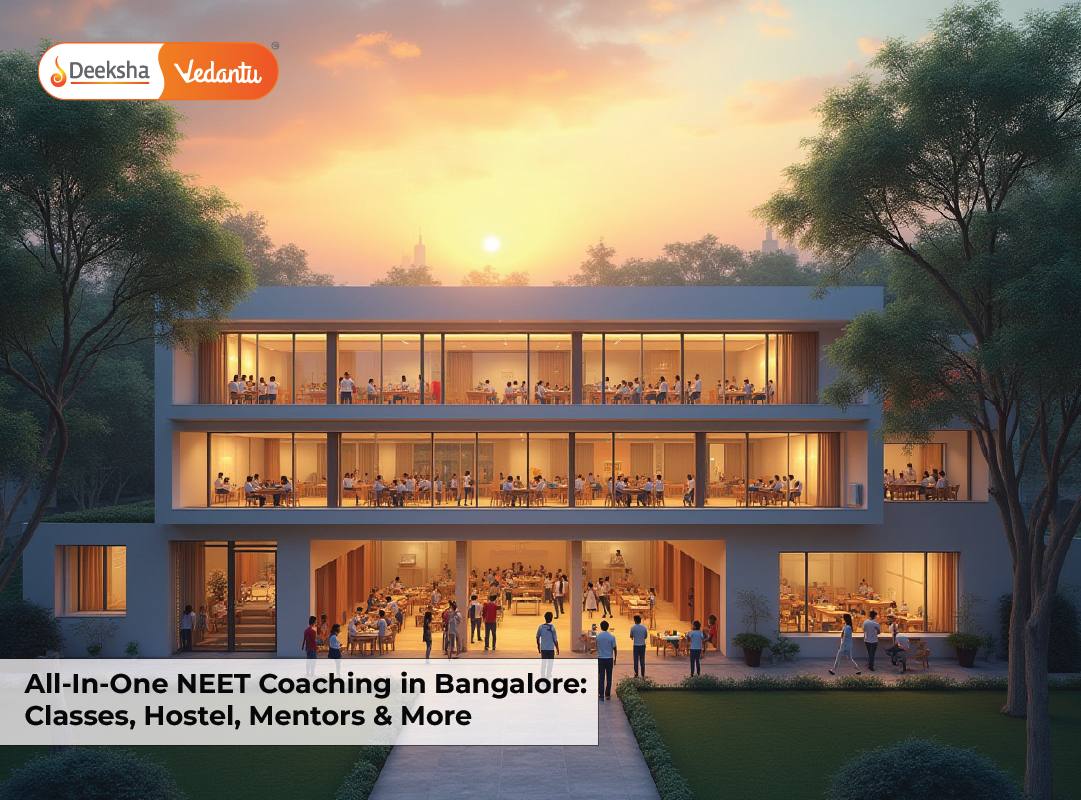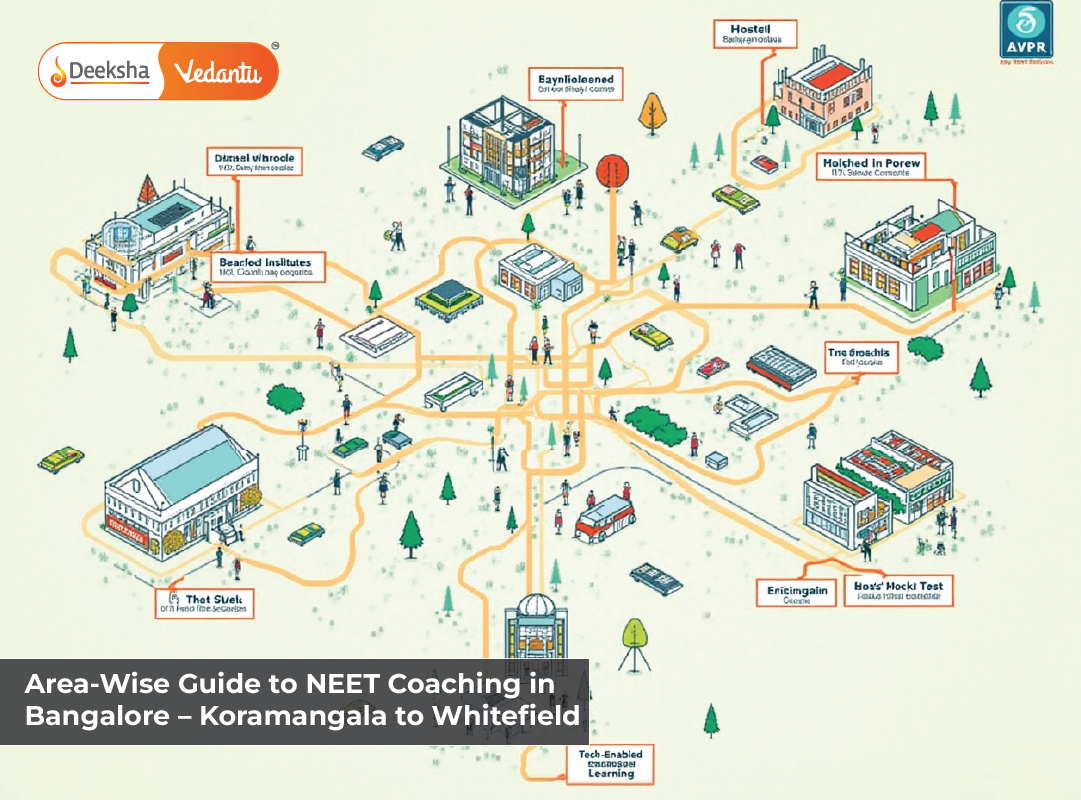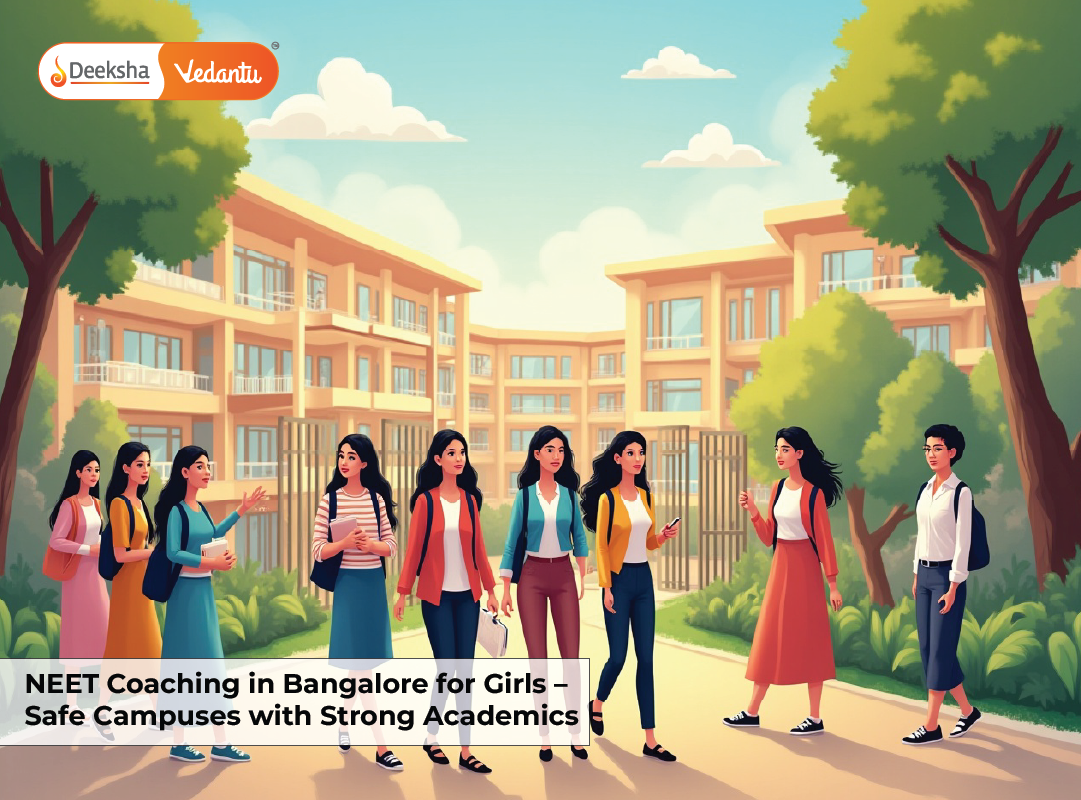Introduction
Karnataka’s Pre-University (PU) education system plays a vital role in shaping the academic foundation of students before they move on to professional or undergraduate courses. Administered by the Department of Pre-University Education (DPUE), the PU Board curriculum is meticulously designed to support academic depth, critical thinking, and entrance exam preparation.
This blog offers a detailed and extensive overview of the PU Board curriculum structure, subject combinations, evaluation methods, and examination patterns. Whether you’re a student planning your career, a parent seeking guidance, or an educator working to support learners, understanding these elements is crucial to navigating the two-year PU journey effectively. The blog will also explore reforms, integration with national exam structures, and the increasing role of technology and mentorship in PU education.
Overview of Karnataka PU Education
PU education in Karnataka consists of a two-year course (PUC I and PUC II), typically taken after a student completes their SSLC (Class 10). Administered by the Karnataka Department of Pre-University Education (DPUE), the PU Board governs syllabi, academic calendars, examinations, and results.
The curriculum is designed to support three main academic streams:
- Science Stream
- Commerce Stream
- Arts (Humanities) Stream
Each stream comes with well-structured combinations of core and elective subjects tailored to equip students for higher education and national-level entrance exams like NEET, JEE, KCET, CLAT, and CA Foundation. The stream selection depends on a student’s interests, aptitude, and career aspirations.
The curriculum is routinely reviewed and updated to maintain relevance in today’s global academic environment.
Subject Combinations Offered by the PU Board
The Karnataka PU Board allows flexibility in choosing subject combinations within each stream, helping students align academics with career goals.
Science Stream
The science stream is most sought after by students aspiring to careers in medicine, engineering, and pure sciences.
- PCMB: Physics, Chemistry, Mathematics, Biology – suitable for both NEET and JEE aspirants
- PCMC: Physics, Chemistry, Mathematics, Computer Science – for engineering and IT pathways
- PCME: Physics, Chemistry, Mathematics, Electronics – preferred by students targeting electronics or electrical fields
Commerce Stream
Commerce prepares students for careers in business, finance, and entrepreneurship.
- EBAC: Economics, Business Studies, Accountancy, Computer Science – ideal for tech-savvy commerce students
- EBAS: Economics, Business Studies, Accountancy, Statistics – great for students interested in data and analytics
- EBAM: Economics, Business Studies, Accountancy, Basic Maths – focuses on foundational business math
Arts Stream
The humanities stream promotes critical thinking, communication, and social understanding.
- HEPS: History, Economics, Political Science, Sociology
- HEPPsy: History, Economics, Political Science, Psychology
- HESP: History, Economics, Sociology, Psychology
All students also study two languages, typically English and a second language (Kannada, Hindi, Sanskrit, or French), as mandated by the board.
Curriculum Structure and Content
The Karnataka PU Board syllabus is crafted to foster:
- Conceptual clarity in core subjects
- Analytical skills through practical learning
- Application-based knowledge aligned with competitive exam standards
- Confidence in communication and comprehension through language papers
Subject-wise Content Highlights
- Science: Emphasizes lab experiments, theoretical models, and formula-based learning with a strong focus on NEET and JEE syllabus overlap.
- Commerce: Develops an understanding of business principles, financial documentation, accounting procedures, and global economic dynamics.
- Arts: Encourages exploration of philosophical, social, and political ideologies with focus on contemporary and historical contexts.
The curriculum also integrates:
- Project-based learning
- Presentations and group assignments
- Practical labs in science and commerce streams
Residential PU programs at Deeksha Vedantu
Evaluation Methodology
Evaluation under the Karnataka PU Board is balanced between continuous internal assessment and final board examinations.
Internal Assessment (20% Weightage)
Conducted at the institutional level, this includes:
- Unit and mid-term tests
- Assignment submissions
- Participation in labs and seminars
- Class attendance and behavior
Board Examination (80% Weightage)
Held at the end of PUC II and centrally administered by the DPUE:
- Subject-wise theory exams are conducted for all subjects
- Science subjects include a practical exam component evaluated through practical performance, viva voce, and record submissions
- Languages are evaluated through comprehension, grammar, writing, and literature-based questions
- Commerce practicals include business simulations and project reports
Examination Pattern and Assessment Scheme
PUC I and II Common Features:
- Students appear for six subjects: two languages + four core subjects
- Theory papers: 3 hours each
- Internal practicals/tests are conducted before final exams
Sample Weightage Table for Science Stream:
| Subject | Theory (Marks) | Practical/Internal | Total Marks |
| Physics | 70 | 30 | 100 |
| Chemistry | 70 | 30 | 100 |
| Mathematics | 100 | – | 100 |
| Biology | 70 | 30 | 100 |
This same model is adapted for other streams with respective modifications.
Grading and Result System
Karnataka PU Board employs a standardized grading system:
Grade Classification:
- Distinction: 85% and above
- First Class: 60% to 84%
- Second Class: 50% to 59%
- Pass Class: 35% to 49%
Result Declaration:
- Typically published in April/May for PUC II
- Available via DPUE official portal and SMS
- Supplementary exam results are released in August
Marks cards are issued through respective PU colleges and are essential for undergraduate admissions.
PU Curriculum Alignment with Competitive Exams
The PU syllabus is tightly aligned with national-level entrance exams:
- NEET: Strong Biology and Chemistry foundation
- JEE: Advanced application in Physics and Mathematics
- KCET: Core science subjects and basic problem-solving
- CA Foundation: Accountancy and Economics play a pivotal role
- CLAT/NCHMCT/NID: Arts students gain critical reading, reasoning, and analysis skills
Institutions like Deeksha Vedantu map PU syllabi against exam blueprints and offer integrated coaching models to maximize student performance.
Support Systems in PU Colleges
Well-rounded academic success requires robust support:
- Mentorship Programs: Academic guidance and emotional support
- Personalized Study Plans: Based on performance in internal tests
- Weekly Test Analysis: Identify weaknesses and customize remediation
- Wellness Workshops: Reduce exam-related anxiety and stress
Deeksha Vedantu, known for its integrated model, includes career counseling, motivational talks, peer mentorship, and digital learning aids.
FAQs
What is the compulsory attendance for PU students in Karnataka?
Students must maintain 75% attendance per subject to be eligible for board exams.
Can students pursue extracurriculars alongside PU education?
Yes, many PU colleges encourage participation in sports, arts, and cultural fests as part of holistic education.
Are textbooks provided by the Karnataka PU Board?
Yes. Textbooks based on the board syllabus are published by the Karnataka Textbook Society and distributed to students.
What happens if a student fails in one subject?
They can appear for supplementary exams usually conducted two months after final results.
Can students prepare for competitive exams along with PU?
Absolutely. Institutions like Deeksha Vedantu offer synchronized programs combining board preparation with NEET, JEE, and CET coaching.
Conclusion
The Karnataka PU curriculum is a comprehensive, career-oriented framework that equips students with academic knowledge, practical skills, and exam readiness. It’s not just a transitional phase but a launchpad for long-term success. With clearly structured subject combinations, a fair evaluation mechanism, and alignment with national exam standards, the PU board plays a pivotal role in shaping the future of Karnataka’s students.
At Deeksha Vedantu, this curriculum is delivered with an added layer of mentorship, motivation, and excellence. The focus is on nurturing every student’s potential through guidance, discipline, and integrated academic support.
Table of Contents















Get Social